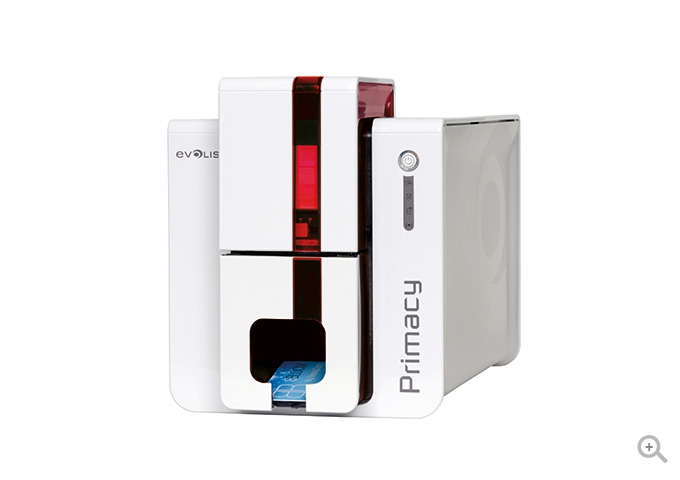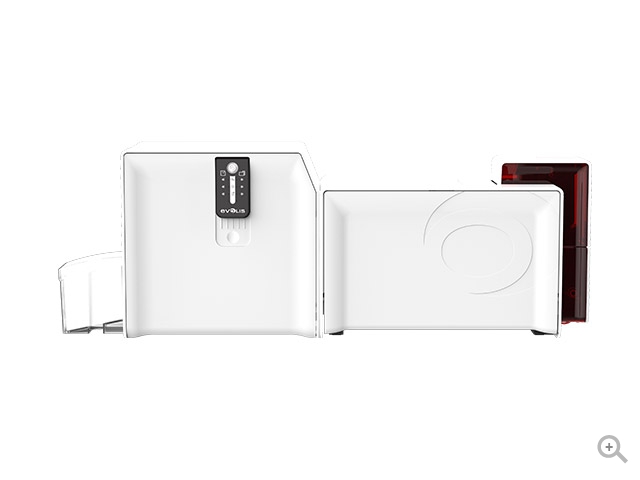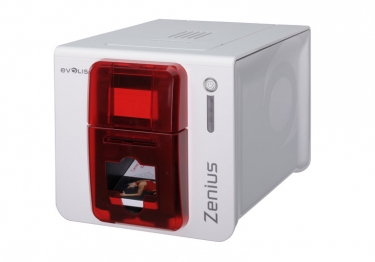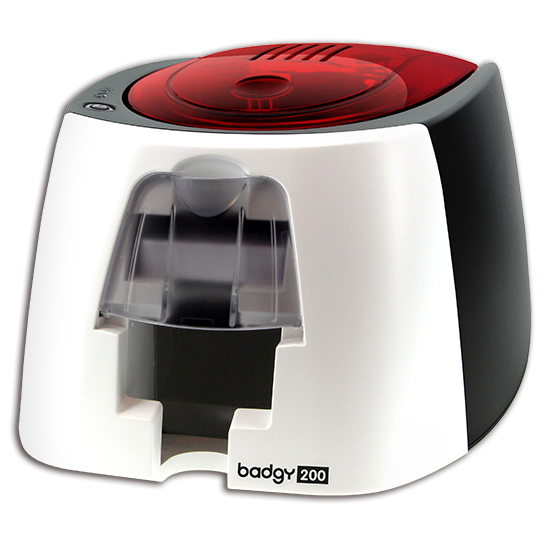Products related to
interested in these product(s)?
Contact usAnd for good reason: the visitor badge provides an essential first level of security, allowing the identification of people from outside the structure and ensuring the traceability of visits. It is also a more attractive way to welcome your visitors and is therefore of great interest for your brand image. Issuing your own access control badges has many advantages.


1.Paper, PVC or Rewritable Badge: Choosing the Right Card
You may not have expected to go through this first step, which could almost seem "superfluous. However, choosing the right material should be an early step in your thinking process. Depending on the material and properties of the card, it will offer you different possibilities. Let's review them:
Paper badge :
Choose the paper card if you want a more environmentally friendly medium, with its natural and recyclable material. Its resistance is quite satisfactory for limited use with little handling: it is therefore suitable for a visitor badge.
PVC badge :
If you want to integrate a photo and access control management into your visitor badge, the plastic card is the most suitable. It offers a higher level of security, thanks to its many possibilities of encoding data on a chip, with or without contact.
The rewritable card:
If you are interested in the mix between the ecological aspect of a paper badge and the security level of a PVC badge, the rewritable card will surely be your preference. This type of card can be erased and reprinted several times, while offering encoding solutions.
Focus: what is a "pre-printed" card?
A pre-printed card is a card that has been printed externally beforehand (usually by a printer), leaving free areas for personalization. These cards are therefore printed with graphic elements that will be common to all cards (background, logo...).
The user then receives these pre-printed cards, which he or she can personalize on demand and instantly. The visitor badge printer is generally used to print personal data such as first name, last name, company, etc.
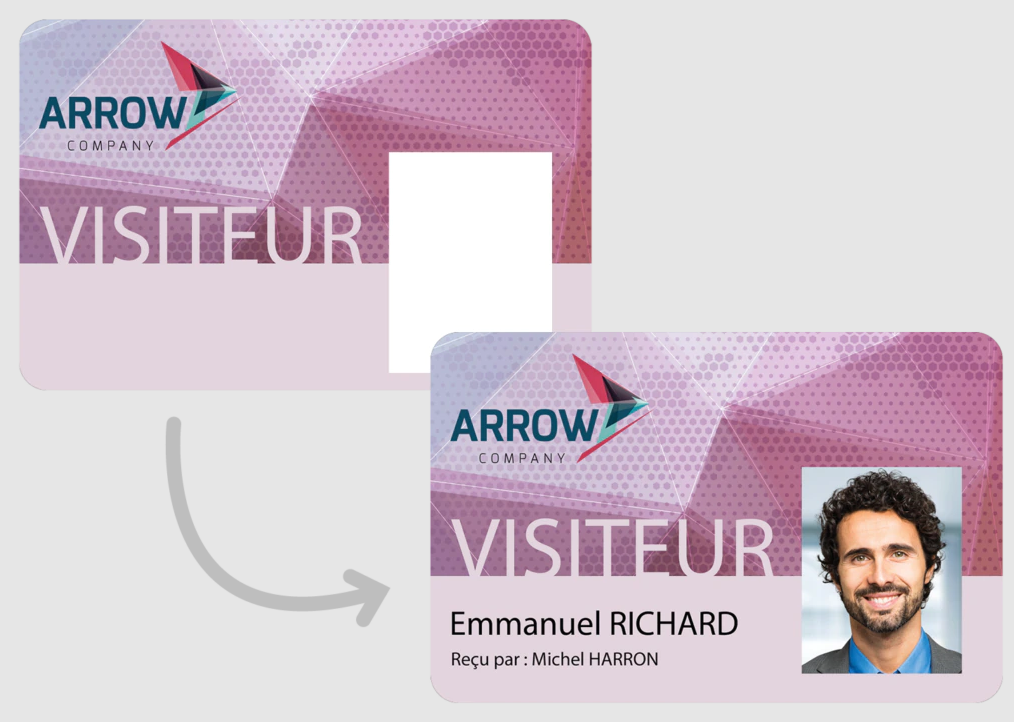

2.Over the counter or self-service: choosing the right type of issue
Visitor badges can be issued in two ways: at a counter, with a physical contact, or at a self-service terminal.
The main advantage of issuing a badge at a counter is that it allows the person handing over the badge to make initial visual contact with the visitor. This hand-delivery is a form of security, admittedly at the first level, but very useful.
Self-service issuance automates this system, giving visitors complete autonomy in printing their badges. This can be relevant when badges need to be issued at night or to save time, in order to free staff from this task.
3.Visitor badge printer and consumables: choosing the right equipment
To produce your visitor badges simply and instantly, you will need
- A card printer,
- Paper, PVC or rewritable cards,
- Ribbons, which contain the inks,
- Badge holders or other identification accessories,
- A printer cleaning kit, to take care of your machine and optimize its life and print quality.
